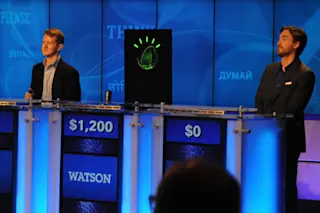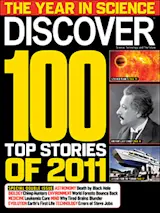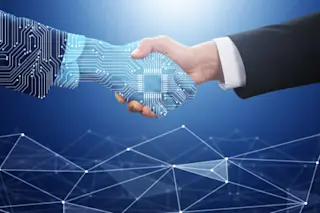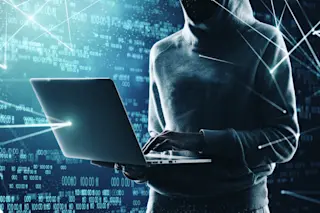February’s epic, three-day matchup between IBM’s Watson computer and Jeopardy! grand champions Ken Jennings and Brad Rutter was billed as a contest of man versus machine. But as a former Jeopardy! champion keenly aware of Watson’s speed and vast memory, I suspected this contest was about something bigger: Rosie versus Hal.
Rosie was the maid on TheJetsons. Tireless and always helpful, she represented a vision of the robot as high-tech assistant. hal 9000, from 2001: A Space Odyssey, was her opposite, a rogue computer bent on achieving its own ends. Which one was Watson?
The supercomputer wasn’t scheming to take over the world or walking someone’s dog on an outer-space treadmill, of course. But its success speaks to debates at the core of the field. How is artificial intelligence defined? What are its ultimate goals?
On Jeopardy! the usual question-answer trivia format is reversed. Host Alex Trebek reads a clue, ...















